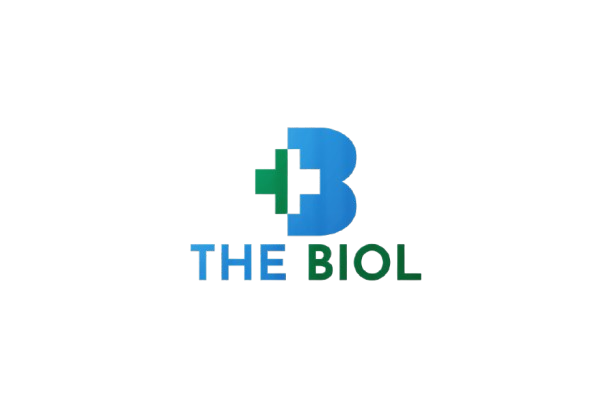Editors Policy
Editors Policy
Journal editors, board members, and staff involved in publishing decisions must declare any conflicts of interest when they take on their roles and update them regularly.
If an editor or editorial board member is listed as an author, they must disclose this in the manuscript ‘conflicts of interest’ section. Editors and editorial staff must step away from handling any manuscript if their interests could affect their ability to make an unbiased decision. They should also avoid assigning handling editors or peer reviewers who may have conflicts of interest.
Peer reviewers should be carefully chosen with potential conflicts of interest in mind. Editors should ask reviewers to disclose any conflicts when they accept the invitation and again when submitting their review, as conflicts may arise after reading the entire manuscript. If a reviewer discloses a conflict of interest, the editor should choose a different reviewer. The Biol will remove reviewers from the journal database if they fail to declare a conflict of interest.
The Biol will publish the authors’ relevant conflicts of interest or a statement that no conflicts exist. In cases of uncertainty, editors should prioritize transparency. The Biol also requires conflict of interest disclosure for editorials and review articles, as it is harder to identify bias in these types of publications than original research reports.
According to the COPE guidelines for undisclosed conflicts of interest, the editor(s) will handle the investigations of suspected undisclosed conflicts of interest in a submitted manuscript or a published article.
Editorial Independence
The Biol maintains full editorial independence from its publisher. All articles published in The Biol are peer-reviewed and evaluated by our independent editorial board, with no involvement from the publisher’s staff in the decision to accept manuscripts. For more information, see the publisher’s editorial independence policy.
Editors, editorial board members, or any other staff at The Biol cannot be involved in editorial decisions or handling submissions if they are authors or have contributed to the manuscript. When an editor or editorial staff member is an author, another editor or board member oversees the peer review process. These submissions follow the same review process as all other manuscripts.
Confidentiality
The Biol expects its editors and reviewers to handle all manuscripts confidentially, following established standards. Any discussions between an author, editor, and reviewer should remain confidential unless all parties give explicit consent or there are exceptional circumstances (for example, if the information could help support claims of intellectual property theft during peer review). Similarly, if a reviewer wants to delegate the review or seek input from a colleague about a specific part of the paper, they must first get approval from the editor.
The Biol follows COPE guidelines and will thoroughly investigate suspected or alleged cases where an editor or reviewer takes ideas from a manuscript they have handled.
Research Data Policy
The Biol recognizes the importance of open scientific exchange and encourages authors to make materials described in their manuscript, including any datasets used to support the paper’s conclusions, available to readers. Authors should deposit their datasets in publicly accessible repositories (if available and appropriate) or present them in the main manuscript or supplementary files (such as spreadsheets instead of PDFs) whenever possible.
The journal seeks to apply scientific rigor to the study of complementary and alternative medicine (CAM) modalities, particularly traditional Asian healing systems. The Biol emphasizes health outcome, while documenting biological mechanisms of action. The journal is devoted to the advancement of science in the field of basic research, methodology or scientific theory in diverse areas of Biomedical Sciences. The journal does not consider articles on homeopathy.
